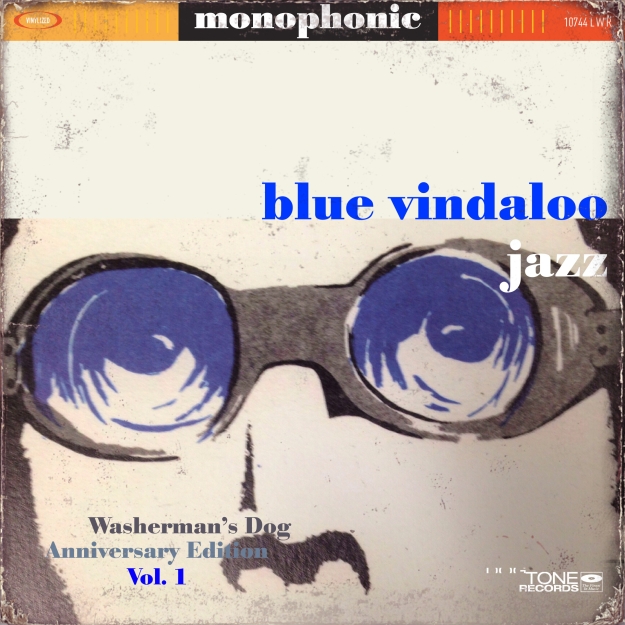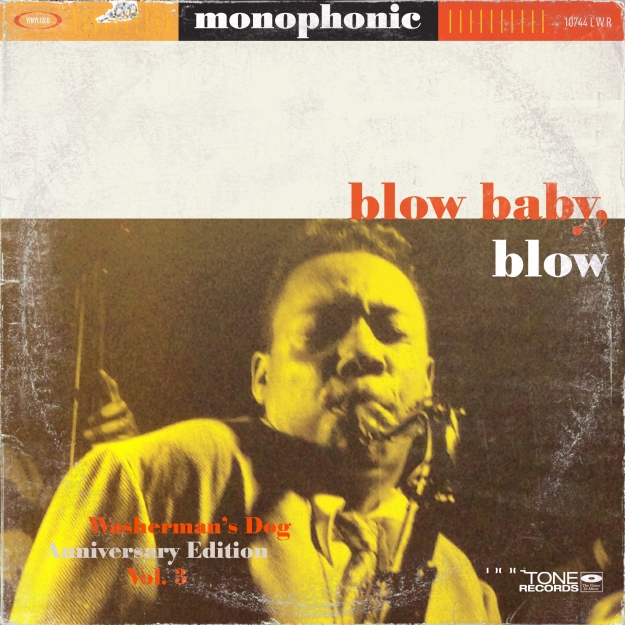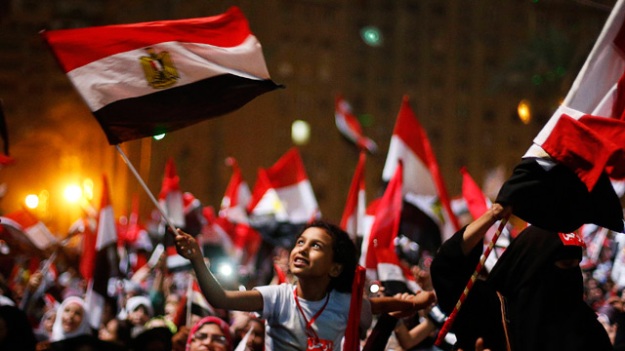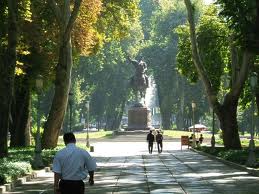And so we now come to a tri-partite celebration of jazz sounds as part of the ongoing commemoration of the Washerman’s Dog achieving the milestone of 700 posts (way back a couple of months ago). Thank you again to all visitors, regulars and encouragers along the way, its been a blast and I don’t’ see any reason to cease and desist any time soon.
Volume one is entitled Blue Vindaloo. Straight ahead jazz mixed with a fair number of Asian and Asian-inspired tracks by jazz artists from Afghanistan to Japan. Check out the Afghan Jazz Unit’s tremendous Spinboldak Saxophony.
Title track from the Pakistani-American uber guitarist Rez Abbasi.
Volume two is titled Afro Jazz and indeed here you will find much jazz from the Continent, as well as soukous, pop and other African delights. Highlights this time are from Angola! Title track comes via the mighty Madilu of DRC.
Volume three, Blow Baby, Blow is dedicated to outstanding brass, woodwind and brass band jazz. Sax, trumpet, tuba and trombone. Greats and unknowns. Hope you enjoy.
Track Listing (Vol. 1):
01 Time Is Right Dr. L Subramaniam]
02 Beauty Of The Flower [Christoph Stiefel and Lissette Spinnler]
03 Elveen [Wynton Marsalis]
04 Spinboldak Saxophony [Afghan Jazz Unit]
05 Ranglypso [Ernest Ranglin]
06 Painted Paradise [Jiro Inagaki and Soul Media]
07 Fat Mouth [Weldon Irvine]
08 Yes, Sir That’s My Baby [Nat King Cole]
09 Abbaji (For Alla Rakha) [John McLaughlin]
10 Hub-Tones [Freddie Hubbard]
11 Eastern Dawn [Amancio D’Souza]
12 Sueño de Amor (Chachachá) [feat. Cachao] [Bonus Track] Generoso Jimenez]
13 Fried Pies (Take 1) [Wes Montgomery]
14 Tempo De Amor [Baden Powell and Vinicius de Moraes]
15 What a Little Moonlight Can Do [Billie Holiday]
16 Harlem On Saturday Night [Lil Hardin Armstrong and Her Orchestra]
17 Benson’s Rider [George Benson]
18 The Best Is Yet To Come [Mr. President]
19 Nuit sur les Champs-Elysees(1) [Miles Davis]
20 Awaara Hoon [Sunny Jain Collective]
21 Sina Nari [Hüsnü Şenlendirici]
22 Tanzania [Sadao Watanabe]
23 Summertime [Ahmed Abdul Malik]
24 Garuda [Raga Bop Trio]
25 The Look Of Love [Sergio Mendes & Brasil 66]
26 Quaze Caindo [Ricardo Herz Trio]
27 The Lewinsky March. [Rabih Abou-Khalil]
28 Ma’am A’rif Leh (Gingele) [Salma]
29 Blu Vindaloo [Rez Abbasi]
30 Raga Piloo [Joe Harriot & John Mayer]
Track Listing (Vol. 2)
01 Johannesburg Hi-Lite Jive [Hugh Masakela]
02 Margret Odero [D.O. Misiani & Shirati Jazz]
03 Muasi Oweli Bela [bolero] [Vicky et l’OK Jazz]
04 Bolingo Ekomisi Ngai Liboma [L’orchestre Zembe Zembe]
05 Kulekule [Konono No.1 De Mingiedi]
06 La Bycicletta [Keletigui et Ses Tambourines]
07 Avante Juventude [Os Anjos]
08 Whiskey et Coca-Cola [Amadou Balake]
09 Black Egypt -Intro [Bukky Leo and Black Egypt]
10 Soweto Blues [Mariam Makeba]
11 Awa Awa [Wes]
12 Koki (Hot Koki) [Andre Marie Tala]
13 Tweta [Mombasa Party and Zuhura Swaleh]
14 Injuria [Jose ‘Zeca’ Neves]
15 Hymn for the War Orphans [Zimology]
16 Na boyi danbinzi [Orchestre Mando Negro]
17 Onyame [Ashanti Afrika Jah]
18 Sogodounou [Nahawa Doumbia]
19 1er Gaou (Ivory Coast) [Magic System]
20 Kyrie eleison [Orcestre Hi Fives]
21 Ting’ Badi Malo [Gidigidi Majimaji]
22 Din Ya Sugri [Christy Azuma & Uppers International]
23 Gidelam [Baaba Maal]
24 Tollon Tollon [Afro National]
25 Ichibanda [Oliya Band]
26 Revolution [Sonny Okosun]
27 Mosquito [Flaming Souls]
28 Beau Souvenir [Madilu System]
29 Black Woman Experience [Geraldo Pino]
30 Despedida [Dimba Diangola]
Track Listing: (Vol. 3)
01 Blue Light [Ben Webster]
02 Black Man’s Cry [Fela Kuti with Afrika 70 and Ginger Baker]
03 Zomaye [Gigi]
04 Minnie the Moocher [Big Bad Voodoo Daddy]
05 Skalloween [Skatalites]
06 From Boogie to Funk part 1_ The Blues [Bill Coleman]
07 Don’t Take Your Love From Me [Frank Rosolino Quintet]
08 See-F [Ceasar Frazier]
09 Instant Groove [King Curtis]
10 Time Is Running Out Fast [James Brown]
11 Satan’s Blues [Don Bryon]
12 i want a little girl [Big Joe Turner]
13 John McLaughlin [Miles Davis]
14 Misterioso [Sonny Rollins]
15 Sida Gangbe Brass Band]
16 The Lonely Bull (El Solo Toro) [Herb Alpert and the Tijuana Brass]
17 Balkan Reggae [Mahala Rai Banda]
18 Qonqoza [Dudu Phukwana]
19 Got No Money [Dusko Gojkovic]
20 Crazy Mixed Up World [Little Walter]
21 Ad Lib Blues [Lester Young]
22 Need You (right now) [Trumpet Thing]
23 Kuenda Namwendo [The Umtali Chipisa Band]
24 Blues for Harvey [Johnny Griffin]
25 Celestial Bliss [Rahsaan Roland Kirk]
26 Frantic Activity [Rhythm Funk Masters]
27 Struttin’ With Some Barbecue [Louis Armstrong]
28 Asaw Fofor [Melody Aces]
29 African Battle Manu Dibango]
30 How Deep Is the Ocean [John Coltrane]
























